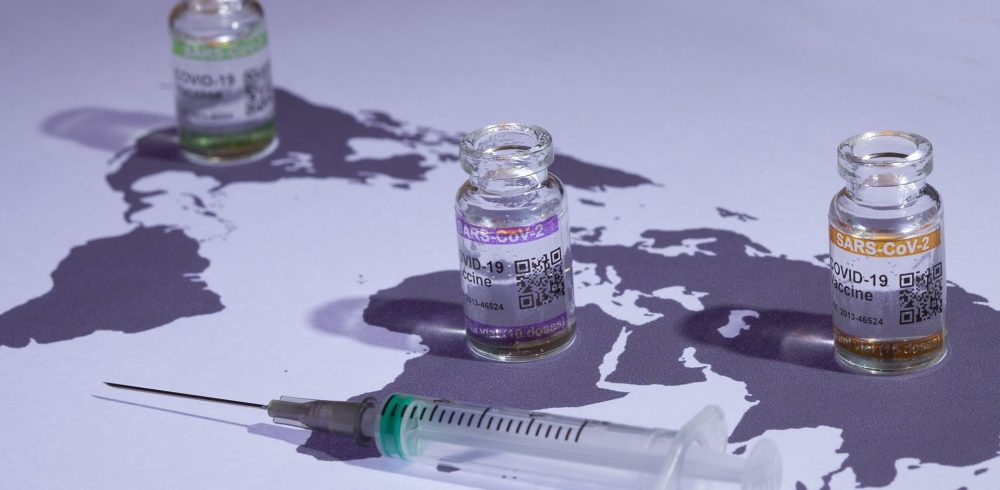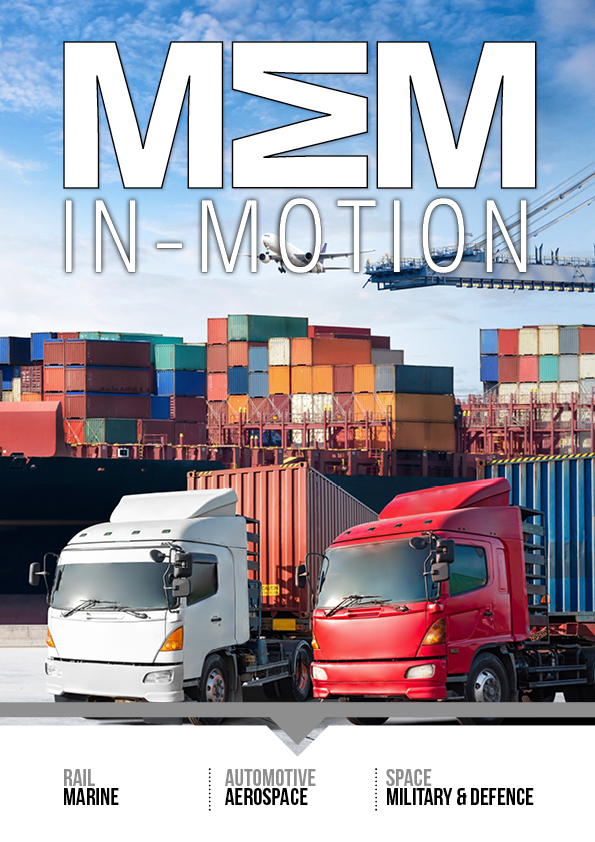Airbus Supports Global Effort for Safe COVID-19 Vaccine Transportation : Aviation has a long history of contributing to society, connecting people and goods, fostering the world’s GDP, and distributing medical supplies and equipment wherever needed, as rapidly as possible. As the long-awaited COVID-19 vaccines are released, aviation once again is set to play a major role in this life saving mission.
In close coordination with the airline industry’s regulatory bodies, Airbus is providing technical guidance and support to its airline customers and operators as they prepare to take on the unprecedented logistical challenge for dispatching the vaccines worldwide.
One of the biggest challenges is to preserve the bio-chemical stability of COVID-19 vaccines during the entire transportation journey – by keeping them extremely cold – and some to as low as minus 70 degrees Celsius. The most effective means to keep such cargo at this temperature is to pack solid “dry ice” i.e. frozen carbon dioxide around it.
Under normal circumstances dry ice is used by expert freight specialists with the necessary experience of safely handling such cold and sensitive cargo inside their aircraft. However, the sheer volume of vaccines which now need to be transported across the world, requires a much wider implication from all manner of operators, and not surprisingly, they have been contacting Airbus for guidance on how they can safely contribute to this effort.
In response to the immediate need by airlines to better understand the handling of dry ice transport in their lower deck cargo holds, Airbus has kept its operators abreast in multiple ways – from group webinars to individual consultation and from widely distributed technical updates to targeted information letters.
Airbus recently issued an information pack which included an updated “Service Information Letter” (SIL) describing Airbus’ take on the Airworthiness Authorities’ recommendations – with regards to the transport of greater than usual quantities of solid dry ice in lower-deck cargo compartments, ventilated and non-ventilated, as well as on the main-deck. It reminds operators of the health and safety considerations and measures (particularly regarding ventilation) to be respected during loading or flight. In particular, the information includes guidance on maximum dry ice limits in line with the regulations.
Airbus Supports Global Effort for Safe COVID-19 Vaccine Transportation
Manufacturing & Engineering Magazine | The Home of Manufacturing Industry News









